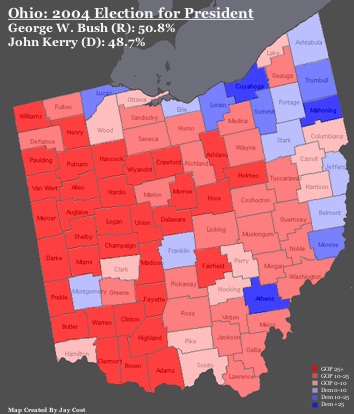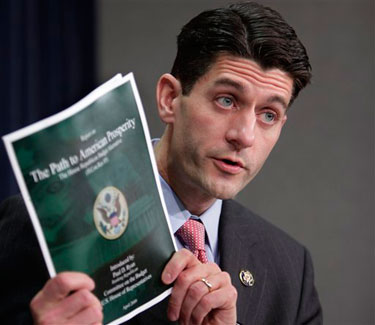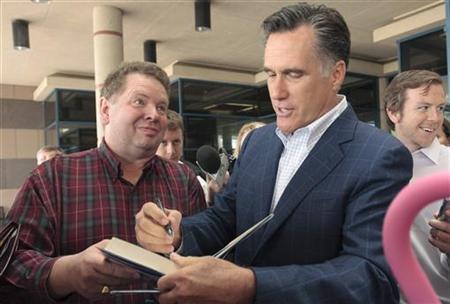“When I was in school . . .” Aren’t any GOP candidates parents of students?
The interminable cable conversation on Iowa continues in Iowa. Today there’s another “C’mon, Man!” moment. This time it’s Newt Gingrich, out on the stump talking about education.

- Gingrich, in happier days
First Gingrich says, predictably, that we have to shrink the federal Department of Education. Then he says, rightly, that we have to move away from standardized testing that can lead to teaching to the test.
Nobody’s wrong all the time.
Then he adds that we also need to reduce state regulation of education. Not just the federal government but also the states need to move out of the way, so parents can take over. Gingrich: we need to go “back” to a time when parents were in control, when parents worked things out with their local school board.
This was my Huh? moment. I do not recall parents’ having any power, or any to speak of, in the schools back in the years Gingrich refers to.
Indeed, Gingrich then goes on to have it both ways. “Back when I was in school,” he says, a kid who got into trouble at school got into trouble again at home. Point being, parents tended to back up the teacher.
For what it’s worth, that is the way I remember it, too.
The difference between me and Gingrich–among others–is that I have experience with education more recent than my childhood. Setting aside their own high school and college years, aren’t Gingrich and the rest parents? It never comes up when they’re talking about education, somehow. The line is always “When I was a kid/in school . . .”
Never, “When I was dealing with my kids’ teachers . . .”
Or, “When my own kids were in school . . .”
Or, “Dealing with my kids’ school/s . . .”
Much less, “My own kids were fortunate enough to have good teachers, good camp counselors, good coaches. I feel for . . .”
Side note: Having failed to get on the GOP primary ballot in Virginia, Gov. Rick Perry is suing the VA Republican Party.
As said, nobody’s wrong all the time.
It is always a bit funny to watch another of our anti-litigation, pro-“tort reform” Republican candidates take to the courts, though. Perry is also adding to the taxpayers’ cost for funding the federal courts. He might even arguably expand federal government. We’ll see whether he inveighs against activist judges, should he win in court.















